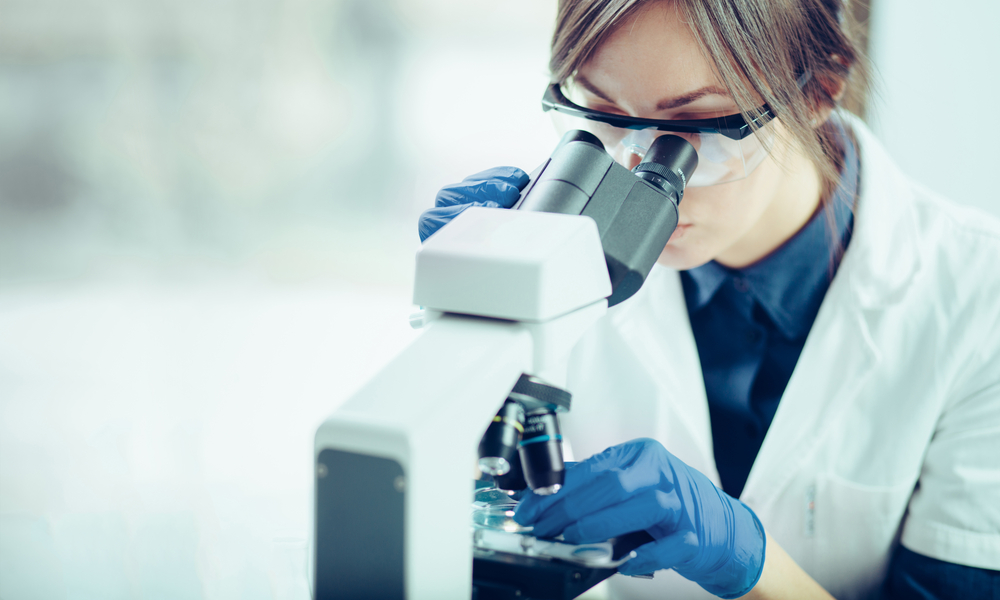UK gov announces £800m 'high risk' scientific research agency
The independent body will be based on the US agency responsible for the development of the early internet and GPS


The UK government has announced the creation of a new R&D agency that will focus on high-risk scientific research with initial funding of £800 million.
The Advanced Research & Invention Agency (ARIA) is to complement the work of UK Research and Innovation (UKRI), a non-departmental arm of the government that operates across the UK and allocates resources towards science and research projects, such as startups developing emerging technologies.
The creation of ARIA is also part of the government’s R&D Roadmap, published in July 2020, which aims to increase UK investment in R&D to 2.4% of the nation’s GDP by 2027, as well as increase public funding to £22 billion per year by 2024 to 2025.
The agency’s model is to be based on the US Advanced Research Projects Agency (ARPA), which helped develop technologies such as the internet and GPS. The US agency has now been succeeded by DARPA.
The agency's goal will be to identity and support "the most ambitious, cutting-edge areas of research and technology", as well as create highly skilled jobs across the UK, according to the announcement. This would include experimenting with different funding models in order to help fast track projects, including seed grants and prize incentives, while maintaining the option to quickly shut off some projects if they prove to be unsuccessful.
The agency will also have a much higher tolerance for failure over existing publicly-backed frameworks, with failure being deemed as an important step to innovation, the announcement adds.
The government’s chief scientific adviser, Sir Patrick Vallance, said that ARIA “will build on the UK’s world-class scientific research and innovation system”.
Get the ITPro daily newsletter
Sign up today and you will receive a free copy of our Future Focus 2025 report - the leading guidance on AI, cybersecurity and other IT challenges as per 700+ senior executives
“The importance of scientific innovation has never been clearer than over the last year and this new body provides an exciting new funding mechanism for pioneering R&D,” he added.
TechUK CEO Julian David said that the trade organisation “welcomes the creation of ARIA”, adding that it signals “a systemic shift in the way scientific research and technology development is conducted in the UK”.
TechUK also urged the government to cooperate with the industry as well as focus on “three key areas; people, size and culture”.
"ARIA must have steady access to the best and brightest minds but also skilled project managers if this new approach is to work. As a body it should remain small, agile and focused as well as being given the room to take risks and build a culture based on a higher tolerance of failure. Ensuring ARIA remains separate from existing research bodies is therefore vital,” said David.
ARIA is due to become fully operational by 2022, with legislation to create the new agency to be introduced to Parliament “as soon as parliamentary time allows”.
A recruitment campaign will also be launched over the coming weeks to select an interim chief executive for the agency.
Having only graduated from City University in 2019, Sabina has already demonstrated her abilities as a keen writer and effective journalist. Currently a content writer for Drapers, Sabina spent a number of years writing for ITPro, specialising in networking and telecommunications, as well as charting the efforts of technology companies to improve their inclusion and diversity strategies, a topic close to her heart.
Sabina has also held a number of editorial roles at Harper's Bazaar, Cube Collective, and HighClouds.
-
 Asus ZenScreen Fold OLED MQ17QH review
Asus ZenScreen Fold OLED MQ17QH reviewReviews A stunning foldable 17.3in OLED display – but it's too expensive to be anything more than a thrilling tech demo
By Sasha Muller
-
 How the UK MoJ achieved secure networks for prisons and offices with Palo Alto Networks
How the UK MoJ achieved secure networks for prisons and offices with Palo Alto NetworksCase study Adopting zero trust is a necessity when your own users are trying to launch cyber attacks
By Rory Bathgate